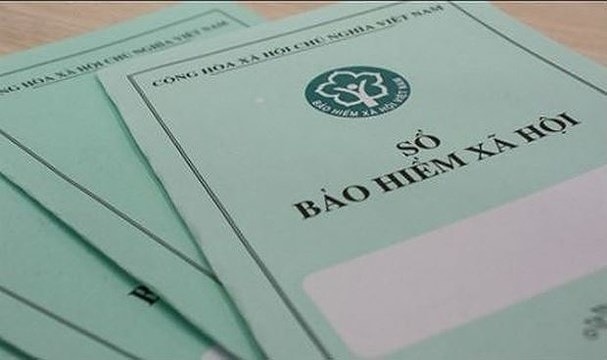Receiving social insurance at one time or retiring early are both disadvantages.
The first loss is paying 22% per year (equal to 2.6 months' salary), when receiving social insurance at once, a year of work is only calculated as 2 months' salary.
Social insurance policies have changed in many ways to benefit participants. However, for many reasons and different circumstances, many people still decide to receive social insurance "in one lump sum" or apply for early retirement.
The Social Insurance Law stipulates that the retirement age for women is 55 and 60 for men. In some fields and professions, workers with health problems can continue to work. For women with less than 30 years of work and for men with 35 years of work, the pension is very low.
 |
Illustration photo. |
Specifically, Mr. Bui Sy Loi - Vice Chairman of the National Assembly's Committee on Social Affairs, analyzed: When retiring after only 20-25 years of work, not yet 55 years old for women and 60 years old for men, taking it all at once will be a big loss. The first loss is paying 22% for one year (equal to 2.6 months' salary), when retiring all at once, one year of work is only counted as 2 months' salary. The important issue is that after the age of 60 and 55, people will have no other source of income. So how do they live?
Regarding concerns about the insurance fund going bankrupt or the social insurance contribution losing value, according to the provisions of the Law on Social Insurance, the social insurance fund is sponsored by the State, so retirees still have their pensions adjusted, ensuring the purchasing power of money for retirees. All retirees participating in compulsory social insurance, if their salary is low or the time of social insurance contribution is not long or they retire early, the lowest benefit level is still equal to the basic salary, ensuring the minimum salary level.
"Whether the policy is adjusted or not, it must aim to ensure minimum wages for retirees, not to let retirees suffer losses," Mr. Loi said.
In the future, pensions will be public, transparent and there will be personal accounts for social insurance participants so that participants can understand and know how much their salary has contributed and how much it has grown. People will fully know their pension fund.
Now that the transition is underway, it cannot be implemented immediately. The rate of salary increase for retirees and civil servants will be adjusted accordingly. Moving forward, the pensions of workers will definitely be managed according to the actual amount of contributions, and there will be no simultaneous adjustment of salary increase for civil servants and pensions as is currently the case.
 |
In the future, pensions will be public, transparent and there will be personal accounts for social insurance participants so that participants can understand and know how much of their salary has been contributed. |
“We are in the process of perfecting the policy to make it public and transparent so that everyone has a personal social insurance card, so that each individual can control their own money. We are moving towards a pension fund that is entirely owned by the employee and is accounted for in a personal account, protected by the state. If the price goes down or increases, the state must compensate for the actual value of the money. If there is any problem with that fund, the state must protect it, not losing the pension fund of the retiree,” said Mr. Loi.
In fact, according to social insurance experts, many people are not fully aware of the issue of social insurance sponsored by the State. When retired, people are paid for both health insurance cards and enjoy benefits such as funeral expenses, early death benefits for parents who are no longer of working age, children who have not yet reached adulthood... "These are very humane policies that many people do not understand" - Mr. Bui Sy Loi noted.

